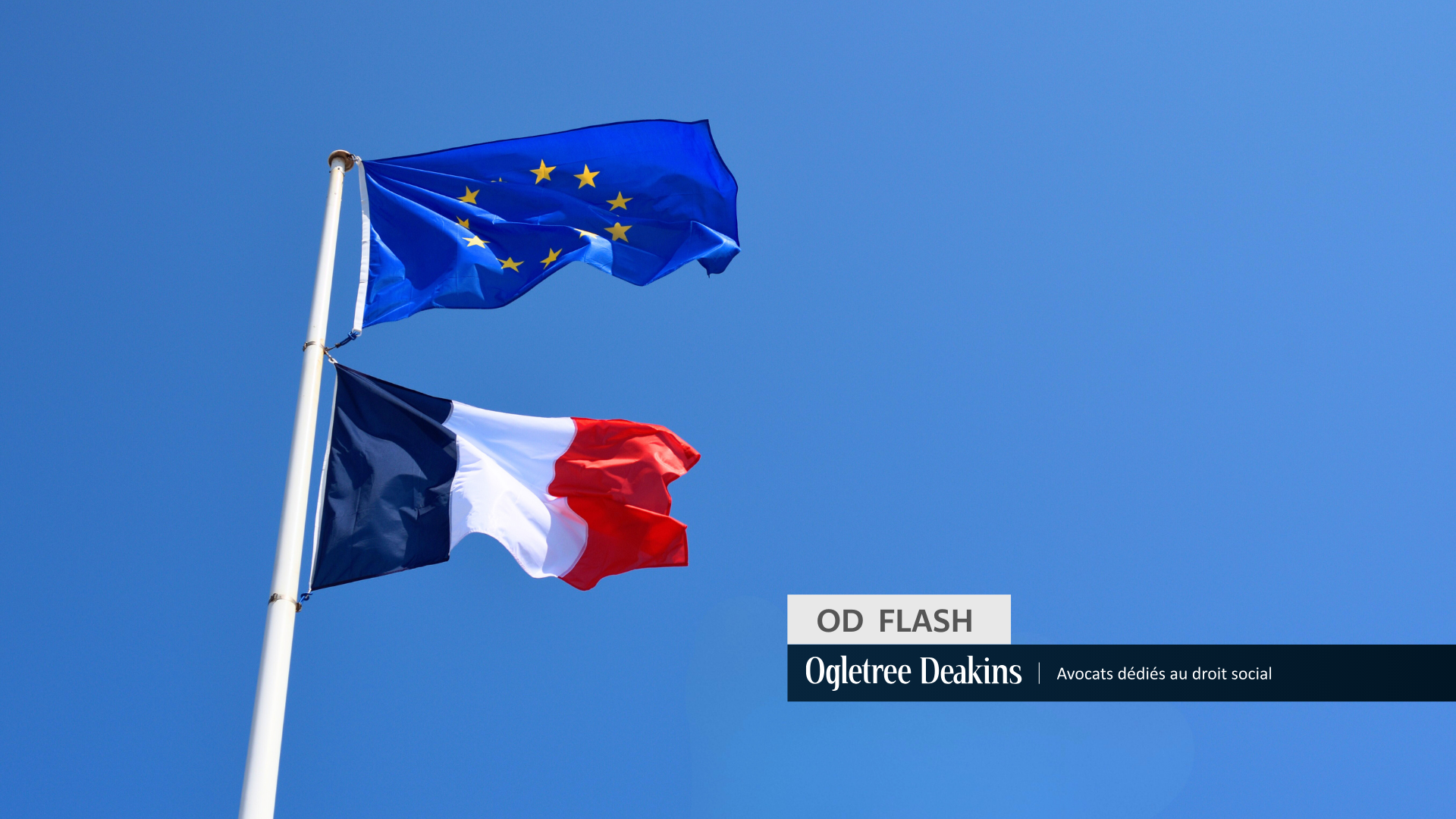French Supreme Court, Sept. 10, 2025, No. 23-22.732
On September 10, 2025, the Social Chamber of the French Supreme Court handed down a long-awaited ruling that immediately requires companies to review their practices, even though this decision imposes significant new constraints on them: when an employee falls ill during their paid leave, the days overlapping with the sick leave must be postponed, provided that the sick leave has been duly notified to the employer.
This ruling explicitly aligns with European Union law and overrides, where necessary, conflicting provisions of French domestic law.
- A ruling in line with the trend toward alignment with EU law:
For years, French law remained out of step with the case law developed by the CJEU regarding the right to rest.
Indeed, in a judgment dated June 21, 2012, the CJEU held, on the basis of Article 7(1) of Directive 2003/88/EC of the European Parliament and Council of November 4, 2003, that a worker who becomes incapacitated for work during their paid annual leave cannot be deprived of the right to subsequently benefit from the period of annual leave overlapping with the incapacity (CJEU, June 21, 2012, Asociación Nacional de Grandes Empresas de Distribución (ANGED), C-78/11).
The European Commission had issued a formal notice to France on June 18, 2025 for non-compliance of its domestic legislation with EU case law.
The French Supreme Court therefore carried out a reversal of case law in order to align itself with the CJEU’s position. It ruled that Article L.3141-3 of the French Labor Code, interpreted in light of Article 7(1) of Directive 2003/88/EC, means that an employee on sick leave occurring during paid annual leave has the right to subsequently take the paid leave days overlapping with the sick leave.
As a reminder, a first step towards alignment with CJEU case law had already been taken regarding the accrual of paid leave during periods of sick leave, and the recognition of a right to carry forward, with three rulings of the French Supreme Court dated September 13, 2023 (Nos. 22-17.340 to 22-17.342, 22-17.638, 22-10.529, 22-11.106) and Article 37 of the DDADUE Act (see Ogletree update of August 25, 2023 and publication).
However, that mechanism did not cover the situation of illness arising during annual leave, which had remained outside its scope. This is precisely the gap that the September 10, 2025 ruling fills at the jurisprudential level.
- A right to carry forward subject to notification of the sick leave to the employer:
The right to carry forward exists only if the sick leave is notified during the holiday and in the usual forms/timelines. Failing this, the employer may refuse the postponement of the relevant days. This requirement is not a mere detail, as it conditions the opening of the right and places the burden of proof of notification at the center of the system.
However, questions remain as to how past situations will be assessed, particularly where employees may not have informed their employer of their sick leave within the required time limits. Questions also arise as to the modalities of exercising this right to carry forward, and whether it should be aligned with the carry-forward right recognized by the 2023 rulings and the DDADUE Act.
Our firm will communicate further on the detailed consequences of this ruling and on best practices to be implemented.



